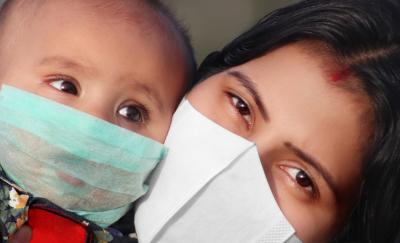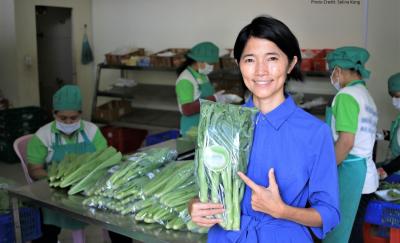Well-functioning health commodity supply chain systems are necessary to provide essential health services to citizens. They help a country achieve its goals for health—including universal health coverage—by ensuring the availability, affordability, and quality of essential medicines. However, many low- and middle-income countries have weak health commodity supply chains and pharmaceutical systems. They struggle to meet urgent needs to procure and distribute essential medicines while also investing in stronger and more sustainable supply chains for the future. Similarly, assuring the quality, safety, and efficacy of health commodities and how they are delivered to and used by patients is a challenge. The result is poorer health outcomes, at higher cost.
Abt Global will convene experts from the global health community to discuss how to apply lessons learned from strengthening health systems to improve and sustain pharmaceutical supply chains and systems in low- and middle-income countries.
MODERATOR:
- Eric Reading - Division Vice President, International Development, Abt Global, United States
PANELISTS:
- John Ferguson - Head of Globalization, Trade & Finance Practice, Economist Intelligence Unit, United Kingdom
- Bob Fryatt - Vice President, International Development, Abt Global, United Kingdom
- Azuka Okeke - Chief Executive Officer, Africa Resource Center, Nigeria
- Tim Smith - Global Head of Aid and Relief, DHL, United Kingdom
Watch the Video:
Download the Presentation:







